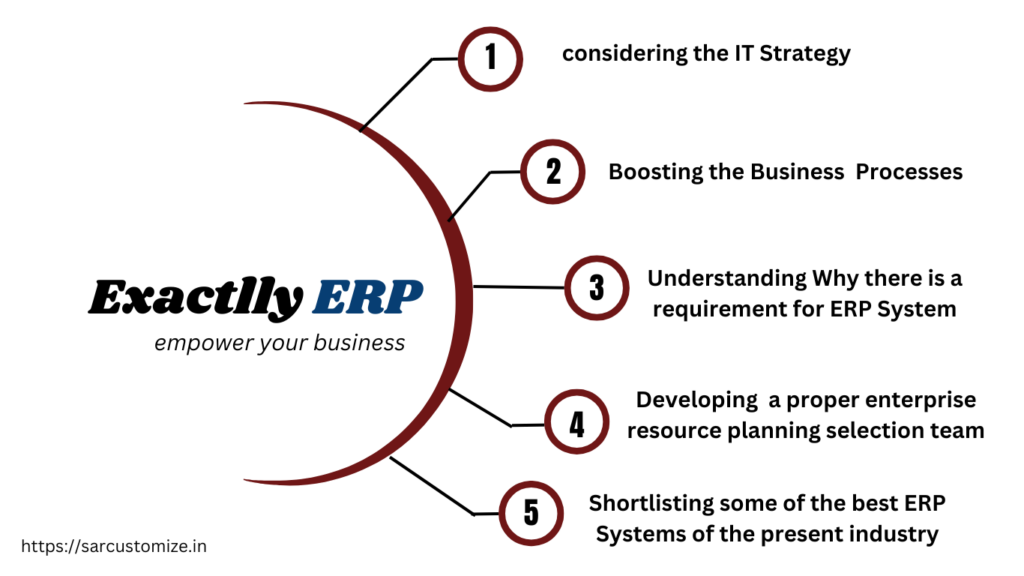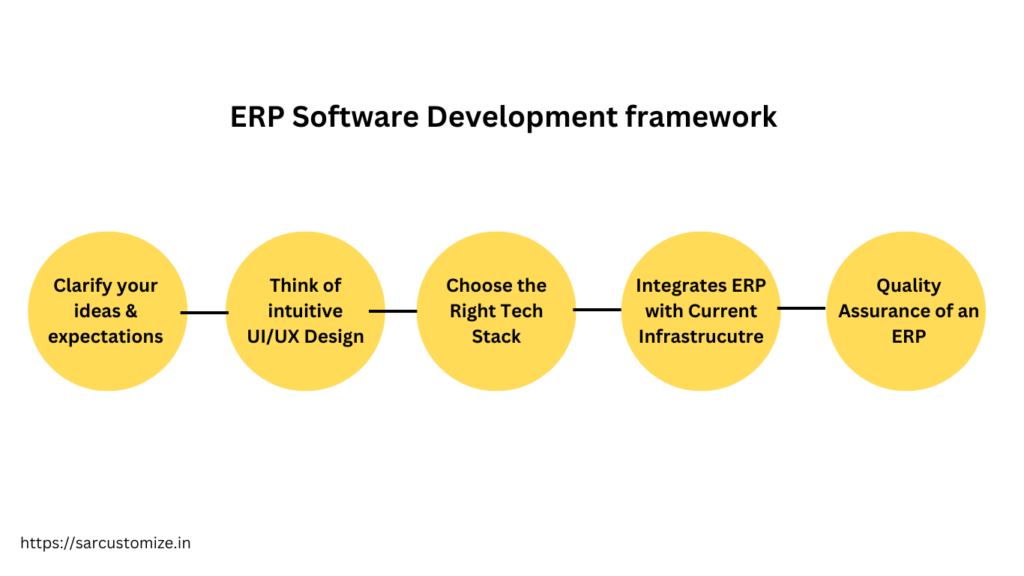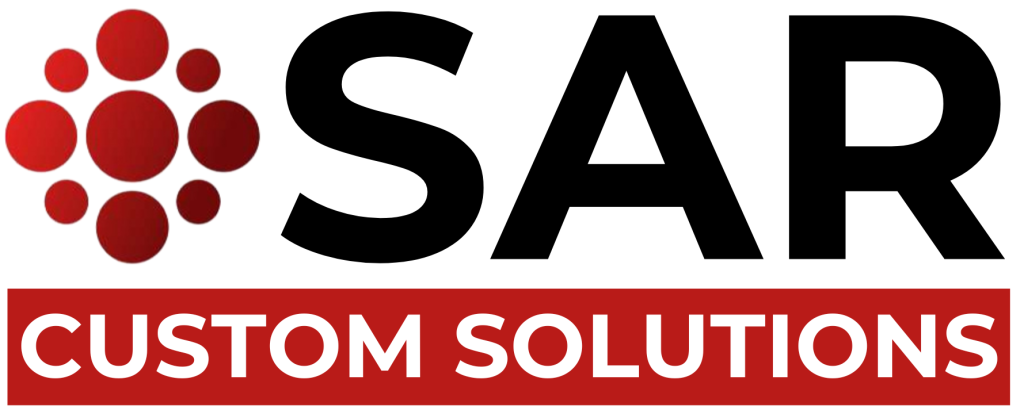ERP Software Development
Home > Page
Introduction
In a state-of-the-art aggressive business landscape, organizations must constantly adapt and evolve to live ahead. One of the important strategies for achieving this is through ERP software development. ERP services development systems are designed to combine and streamline diverse commercial enterprise procedures, providing actual-time statistics and insights essential for informed selection-making. This article explores the importance of ERP development, the software used for ERP, ERP software improvement frameworks, and the idea of ERP as a provider
ERP Software Development
ERP improvement involves developing a machine that integrates all essential business capabilities, such as finance, human assets, supply chain, production, and patron relationship management. By consolidating those methods right into a unified machine, agencies can ensure statistics consistency, lessen redundancy, and beautify operational efficiency.
Benefits of ERP Systems
Streamlined Processes: ERP structures automate and streamline business procedures, lowering guide intervention and the risk of errors. Improved Data Accuracy: With an unmarried supply of reality, groups can depend on correct and updated data for selection-making.
Enhanced Collaboration: ERP structures facilitate better conversation and collaboration throughout departments, breaking down silos and improving typical efficiency.
Scalability: ERP systems are scalable and can develop with the enterprise, making sure that the gadget stays applicable and powerful as the commercial enterprise expands.
Cost Savings: By improving efficiency and decreasing errors, ERP systems can lead to huge price savings over the years.

ERP Software Development Framework
The improvement of an ERP gadget requires a dependent method to make sure that the gadget meets the particular desires of the business. An ERP software services development framework gives a blueprint for designing, developing, and enforcing the gadget. Here are the key additives of an ERP software program improvement framework:
- Requirement Analysis:
The first step in ERP software program development is to conduct a thorough evaluation of the enterprise’s necessities. This includes knowledge of the present day techniques, identifying ache points, and defining the dreams of the ERP implementation. A clear understanding of the requirements ensures that the ERP device addresses the particular wishes of the commercial enterprise.
- System Design:
Designing the gadget includes defining the general architecture of the ERP machine, consisting of the modules, records that go with the flow, and integration points. The gadget layout ought to ensure that the ERP solution is scalable, flexible, and might combine seamlessly with present software and hardware.
- Development:
The development segment includes coding the ERP system in step with the described necessities and gadget architecture. This section includes building the diverse modules, developing custom functionalities, and ensuring that the device meets the performance requirements.
- Testing:
Rigorous testing is critical to ensure that the ERP device is dependable, secure, and performs as expected. Testing includes identifying and solving insects, validating the system’s functionalities, and ensuring that the device can take care of real-global scenarios.
- Implementation:
Implementation involves deploying the ERP system in a live environment and migrating current information into the brand new system. This segment additionally consists of configuring the device to satisfy the enterprise’s operational requirements and making sure that all users can get admission to the gadget.
- Training and Support:
Training is important to make certain that employees can efficiently use the ERP machine. Ongoing guide facilitates coping with any issues that get up and guarantees that the device keeps to operate easily

What is ERP as a Service?
ERP as a Service, also referred to as cloud ERP, is a transport model where ERP software is hosted on the vendor’s servers and accessed through the net. This model offers numerous blessings over traditional on-premise ERP structures:
- Cost Efficiency:
ERP as a Service eliminates the need for high priced on-premise hardware and decreases IT upkeep expenses. Businesses pay for what they use, typically through a subscription model, making ERP services greater low-cost and accessible. - Scalability and Flexibility:
Cloud-primarily based ERP answers are inherently scalable, allowing businesses to without problems upload or dispose of customers and functionalities as wanted. This flexibility is critical for growing corporations and those with fluctuating demands. - Accessibility:
With cloud-based totally ERP solutions, employees can get entry to the system from anywhere with a web connection. This is especially beneficial for businesses with far flung or disbursed groups. - Rapid Implementation:
ERP as a Service can be deployed faster than conventional on-premise answers. This reduces the time to cost and allows organizations to start reaping the benefits of ERP services quicker. - Continuous Updates and Improvements:
Vendors of cloud-based totally ERP answers regularly update their software program, ensuring that customers usually have access to today’s functions and security enhancements without the need for manual upgrades.:
Overall, ERP software development is a critical strategy for corporations trying to improve performance, decorate records accuracy, and streamline operations. By investing in custom ERP solutions and leveraging professional ERP services, organizations can construct strong, scalable, and bendy structures that aid their precise wishes and force long-time period success. Whether you are a small commercial enterprise looking to develop or a large enterprise aiming to preserve a competitive side, custom ERP software development and ERP as a Service can transform your operations and help you gain your commercial enterprise targets.
Also Read – Project Management Tool Software

